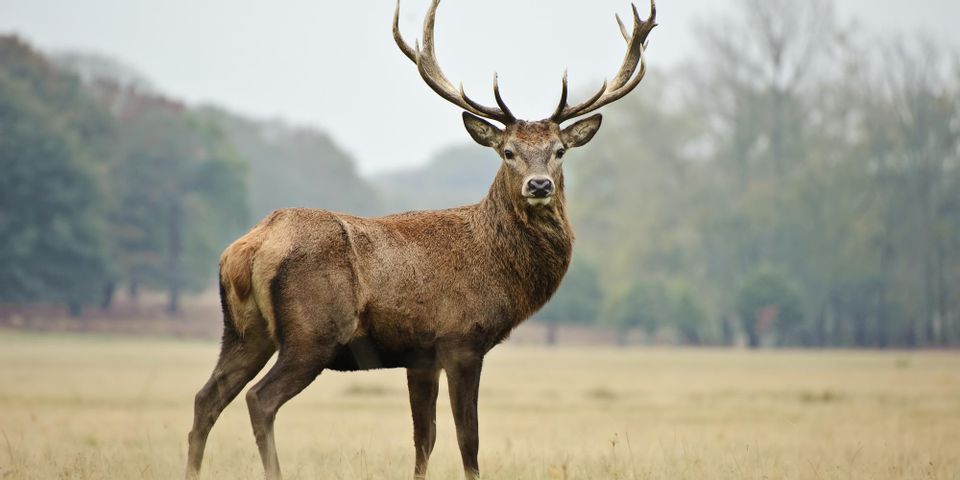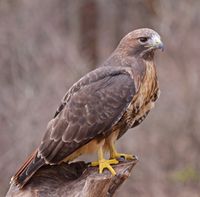What to Know About Wildlife Management

Wildlife management serves the needs of all creatures who inhabit a certain environment. It encompasses many different processes and procedures, requiring the input of biologists, conservationists, and gamekeepers. The common goal is to ensure native species have the resources they need to thrive.
How Is Wildlife Management Performed?
Environmental changes directly impact the habitat of native species. For instance, as naturally occurring plants are replaced by invasive species, the animals that rely on those plants to survive lose essential sustenance. The promotion of new and natural growth supports existing populations, and experts encourage new growth by removing invasive plantlife; for example, they can either cut it down or burn out these growths.
 Maintaining the animal population is another serious concern. Hunting is a useful tool in this case, as it keeps populations in check and ensures all animals have access to sufficient food and cover. Hunting can also remove predators that threaten wildlife. However, regulations must also be put into place to ensure native species aren’t hunted into extinction. Regulations dictate the time of year in which people can hunt, as well as how many of a species a hunter can claim during a given season.
Maintaining the animal population is another serious concern. Hunting is a useful tool in this case, as it keeps populations in check and ensures all animals have access to sufficient food and cover. Hunting can also remove predators that threaten wildlife. However, regulations must also be put into place to ensure native species aren’t hunted into extinction. Regulations dictate the time of year in which people can hunt, as well as how many of a species a hunter can claim during a given season.
How Does It Help the Environment?
The natural environment is an intricate web with each component playing a specific role. As such, when issues arise in one area, there are often ripple effects throughout the environment. These can sometimes have devastating results.
For instance, bee colony collapse disorder is an ongoing issue that has the potential to impact food sources available to humans. From 1947 to 2005, the honeybee population in the U.S. declined by more than 40%. Pollination by honeybees is responsible for the growth of fruits, vegetables, and nuts. It also helps grow the foods beef and dairy cows eat. This is just one example of how environmental changes affect all species, including humans.
Neeley Forestry Service provides wildlife management services to landowners in Camden, AR. With the assistance of a certified biologist and skilled foresters, they’ll assess your needs and offer a management plan to preserve native wildlife. This includes the preservation of rare and endangered species, as well as appraisals, consultations, and compliance checks. Visit them online to learn more about managing wildlife or call (870) 836-5981 to schedule a consultation today.
About the Business
Have a question? Ask the experts!
Send your question

